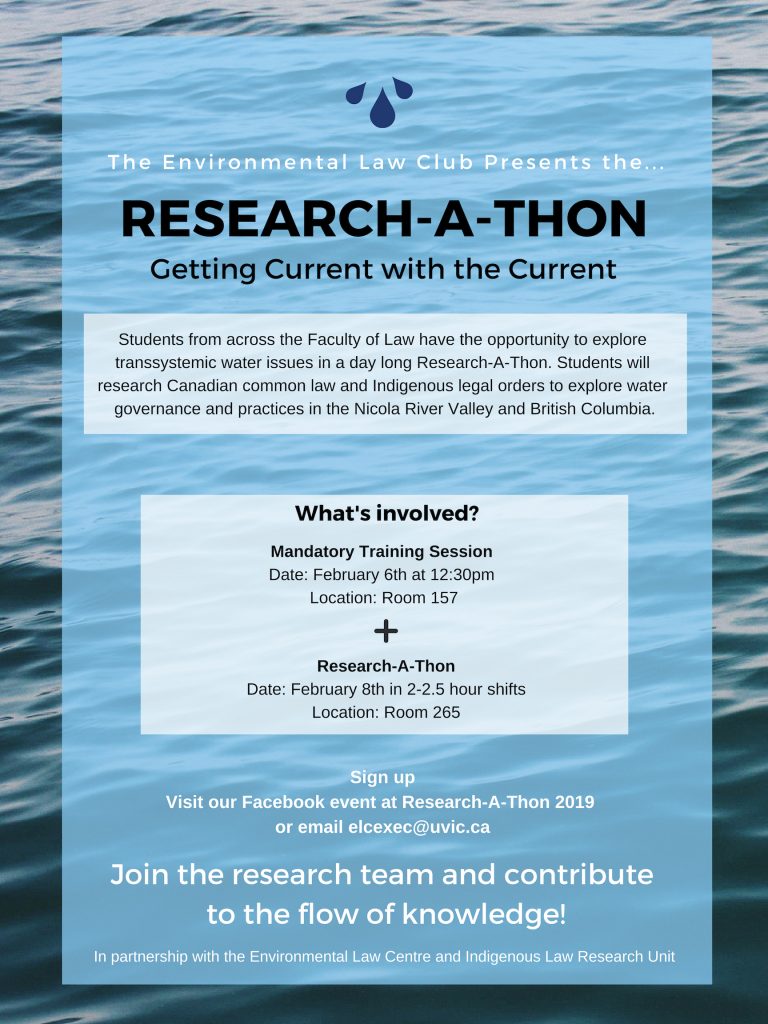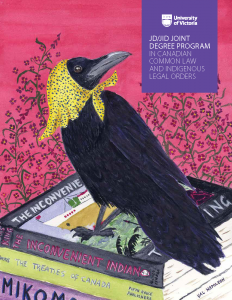The decision in Mikisew Cree First Nation v Canada (Governor General in Council), 2018 SCC 40, was handed down last Thursday (October 11, 2018).
The Mikisew case started in 2012, when omnibus legislation that would affect the Mikisew Cree First Nation was passed, without consultation with the First Nation. In 2014, the Federal Court ruled that there was a duty to consult First Nations before enacting legislation. This decision was overturned in 2016 by the Federal Court of Appeal on the basis that the Federal Court lacked jurisdiction. The Mikisew First Nation appealed to the Supreme Court.
The Supreme Court unanimously agreed that the appeal should be dismissed, as the development of legislation is not subject to judicial review. The subject of if the Crown had a duty to consult during the legislative process resulted in a more complex response. The court handed down a judgment of 7-2 that the duty to consult was not obligatory during the legislative process. The reasoning of three justices, represented by Justice Karatansanis, agreed that the Crown did not have a duty to consult during the legislative process but stated that the Honour of the Crown still stands, and that other protections could be created in future cases. Four justices held that there was not a duty to consult and that the issue was closed. The two dissenting justices reasoned that the duty to consult extends to the legislative process.
The following resources look at different aspects of the judgment in more detail.
General Overview: Lawson Lundell’s Project Law blog and First Peoples Law blog provide general overviews of the judgement, including explanation of separation of powers and parliamentary sovereignty.
Political/Moral Duty: An opinion piece in the Globe and Mail by Allan Hutchinson, a research professor at Osgoode Hall Law School discussed how the duty to consult was a political and moral obligation, even if not constitutionally obligatory.
Critical of judgment : An opinion piece in Maclean’s by Pam Palmater, a Mi’kmaw citizen, lawyer and chair of Indigenous Governance at Ryerson, blog post from Olthuis Kleer Townshend LLP on lack of reconciliation, discuss how the judgement will affect section 35 of the Constitution, and how it is out of sync with previous Supreme Court precedence on the subject.
Uncertainty created and future implications: Two opinion pieces by Dwight Newman, one discusses the uncertainty created by the judgement and the other discusses what the judgement could mean in the future.
This judgment is an interesting contrast to the Uluru Statement from the Heart, an Australian document created as a result of a constitutional convention of Aboriginal and Torres Strait Islander peoples, that Dr. Gabrielle Appleby spoke of in her talk at UVic on October 12, 2018. See the previous blog post for further information on the Uluru statement and Dr. Appleby’s talk.



